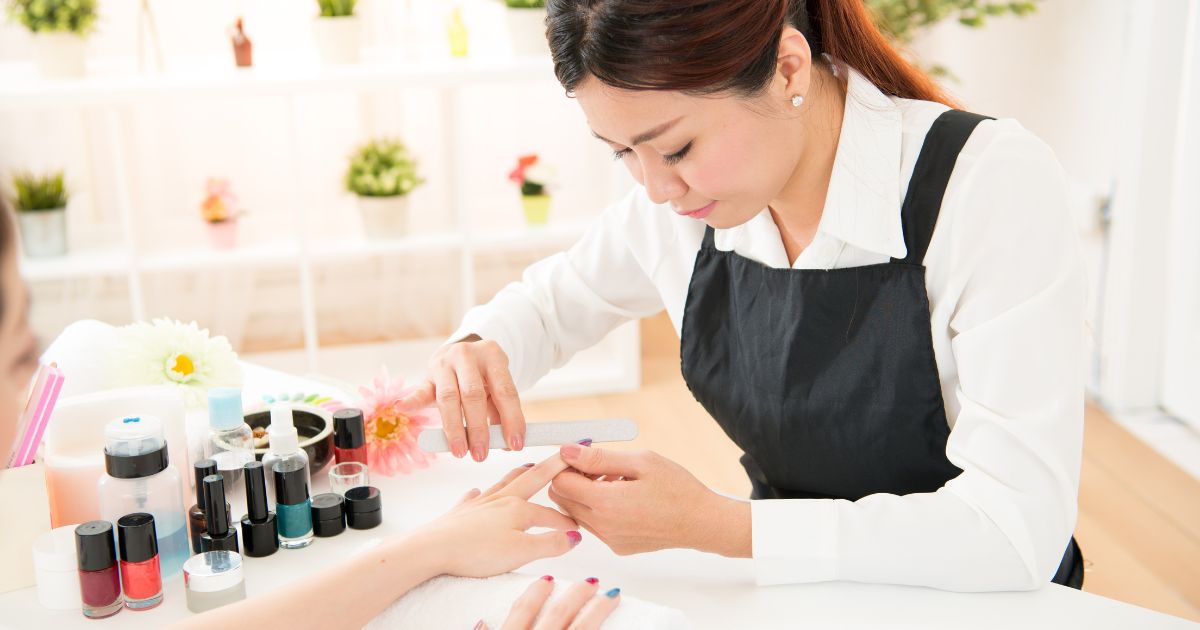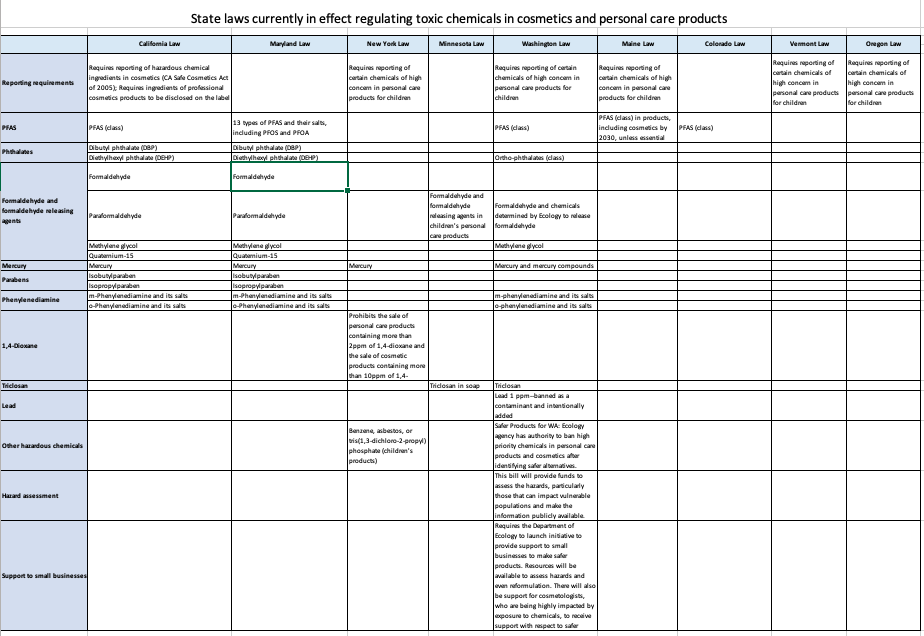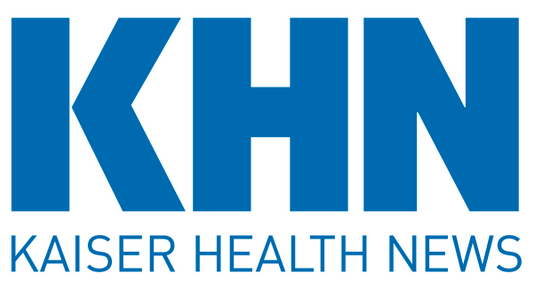Washington Adopts the Toxic-Free Cosmetics Act!
VICTORY!
Washington State’s Toxic-Free Cosmetics Act (HB 1047) was signed by Governor Inslee on May 15, 2023.
What is the Toxic-Free Cosmetics Act?
Washington’s Toxic-Free Cosmetics Act (HB 1047) bans some of the most concerning chemicals put into cosmetic and personal care products, including PFAS, phthalates, formaldehyde, and formaldehyde releasing agents. The bill plays an important part in making cosmetics and personal care products safer by helping to drive the transformation of global supply chains. What’s more, it begins to address environmental justice concerns, as harmful chemicals in cosmetics and personal care products disproportionately impact people of color. The bill is the strongest state law in the country regulating toxic chemicals in beauty and personal care products.
Implementing the Toxic-Free Cosmetics Act
Washington’s Toxic-Free Cosmetics Act (HB 1047), adopted into law in 2023, bans some of the most concerning chemicals put into cosmetic and personal care products, including PFAS, phthalates, formaldehyde, and formaldehyde releasing agents. It is a first step in the solution to transforming the cosmetic and personal care products industry to make truly safer products.













